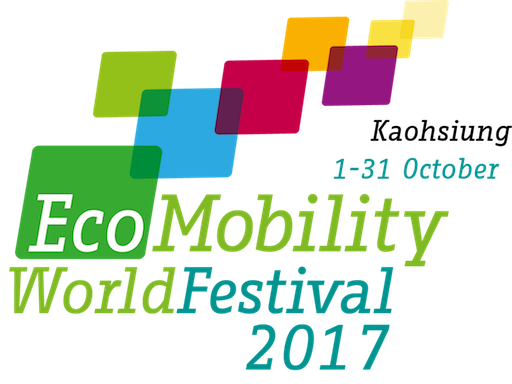Special Workshop
Target group
This post-Congress interactive workshop was open for 40 participants from a mixed background: businesses, technology companies, city leaders, technical staff, non-governmental organizations (NGO), and transport providers including cars, buses, ferries, trains, etc.). This participant blend offered different perspectives in advancing opportunities and approaches to implementing mobility-as-a-service (MaaS) in cities.
Description
An efficient and sustainable transportation system is able to better connect and improve a city’s places, assets, and economic opportunities for people. In order to accelerate implementation of seamless, multi-modal, door-to-door, and sustainable transportation systems in a particular region, town, or neighbourhood, a systems approach is needed to understand and enhance the existing interconnected web of transport-related modes, services, amenities and multi-modal network that users, and even leaders and operators, may not fully be aware of. This practical and structured systems approach of mapping the current network and identifying short and long-term opportunities, interventions, and pilots was developed by SMART at the University of Michigan and has been applied successfully in over 25 cities worldwide.
This interactive workshop used Kaohsiung as a case study. Participants from private companies large and small, technical groups, and policy bodies, along with urban practitioners, civil society leaders, and researchers and innovators were invited to provide their respective approaches to transport solutions. A new methodological tool for advancing and implementing smart, sustainable, connected, innovative, and inclusive transportation systems was introduced.
Objectives
- Reveal existing and potential transportation assets and connectivity (the New Mobility Grid) and identify short and long-term interventions, transformations, and pilots related to Kaohsiung’s particular opportunities and challenges;
- Identify benefits, opportunities, challenges, strategies, and operational and technical considerations of the proposed innovations and pilots from the systems methodology; and
- Provide participants with a new tool or methodology for advancing and implementing sustainable, connected, innovative, and inclusive transportation systems.
Date
Thursday, 5 October 2017
Time
13.30 – 18.00
Location
Bright side Taiwan 良面學堂, No. 23, Binhai 1st Road, Gushan District
More information
Detailed agenda
About the facilitator

Susan Zielinski
Former managing director of Sustainable Mobility & Accessibility Research & Transformation (SMART) Centre, University of Michigan. Now an independent mobility innovator and writer in Canada.
Susan works to advance sustainable transportation systems and the innovation and enterprise to supply them. While at SMART she developed a practical multi-modal systems methodology for leaders which she has led in over 25 cities worldwide. She also developed the global Mobi Prize and platform. Before SMART, she was a Harvard Loeb Fellow, and before that a transportation catalyst at the City of Toronto. There she hosted a seminal summit in 1998, then commissioned the first open study on the emerging global New Mobility industry. With more than 30 years of experience working across sectors on sustainable transportation systems, she is a sought-after expert, speaker, and trainer in the urban planning and transportation field.
